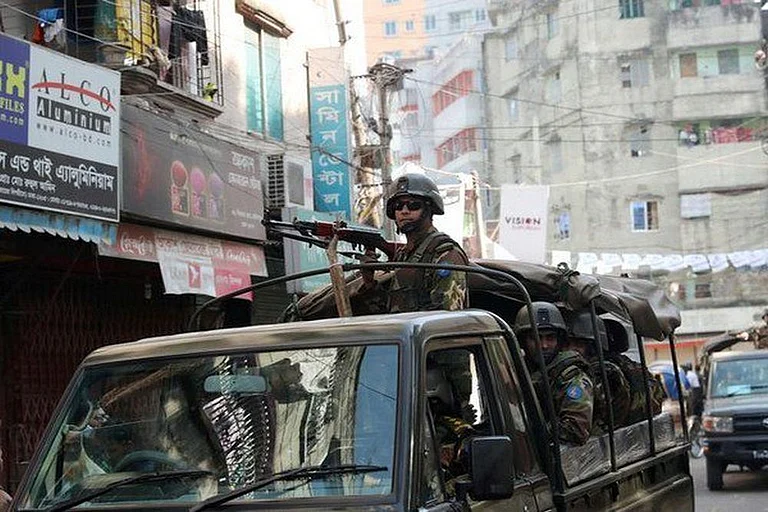In a significant development, the Supreme Court declined to entertain a plea filed by the West Bengal government challenging the Calcutta High Court's order to hand over the investigation of the violence incidents during the March and April Ram Navami celebrations in the state to the National Investigation Agency (NIA).
The bench, headed by Chief Justice D Y Chandrachud, took note of the fact that the validity of the notification issued by the Centre under Section 6(5) of the NIA Act had not been contested in the matter. Section 6(5) of the NIA Act empowers the central government to direct the agency to investigate a scheduled offense if it is of the opinion that such investigation is required, as reported by PTI.
The court observed that its current role did not involve determining the sufficiency or veracity of the allegations at this stage. It further stated that it needed to assess whether the Central government's exercise of jurisdiction under Section 6(5) was extraneous to the powers conferred upon it, justifying the court's intervention.
The dispute arose after the Calcutta High Court ordered a probe by the NIA into incidents of violence that occurred during and after the Ram Navami celebrations in Shibpur, Howrah, and Rishra, Hooghly districts. The order came following a PIL filed by the leader of the opposition in the state assembly, Suvendu Adhikari, and three other petitions seeking an NIA investigation.
The West Bengal government contended that no explosives were used in the incidents and argued that the high court's direction to transfer the investigation to the NIA was based on a "politically-motivated" PIL.
While the NIA has registered a case in line with the high court's order, the Supreme Court, in its previous hearing, had asked the probe agency to determine if any of the six FIRs registered by the state police referenced the Explosive Substances Act. The Solicitor General, Tushar Mehta, representing the NIA, pointed out that two of the six FIRs did make reference to the Act.
The apex court had earlier refused to stay the high court order transferring the investigation to the NIA. It further directed the state police to hand over all FIRs, documents, material seized, and CCTV footage to the NIA within two weeks from the receipt of the order's copy.


























